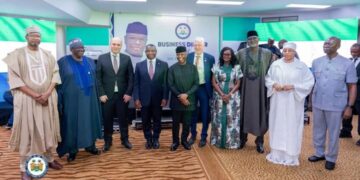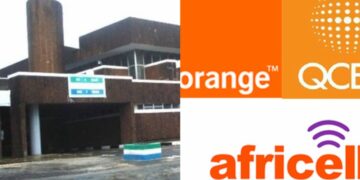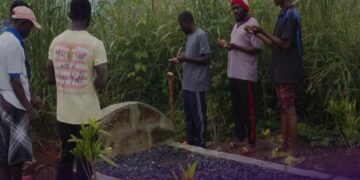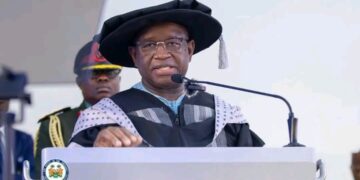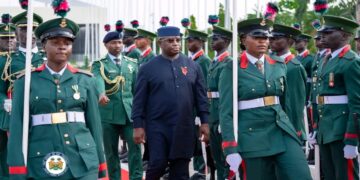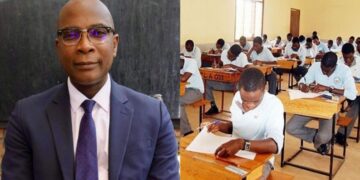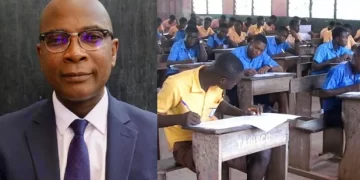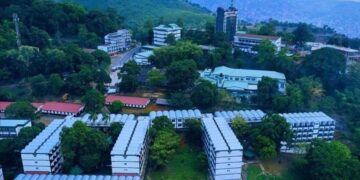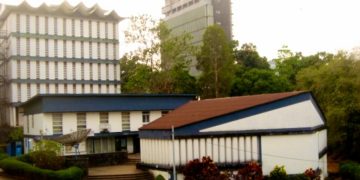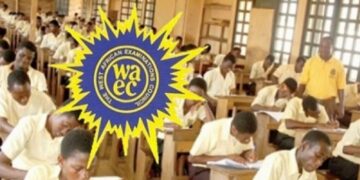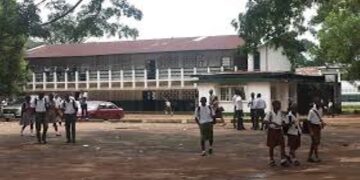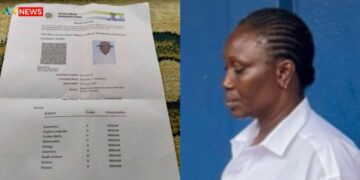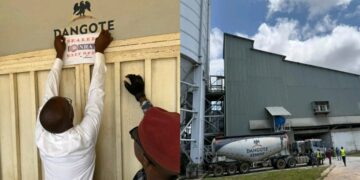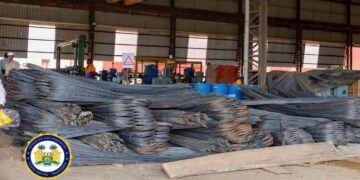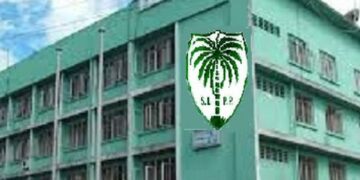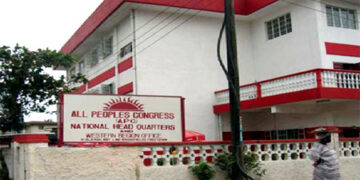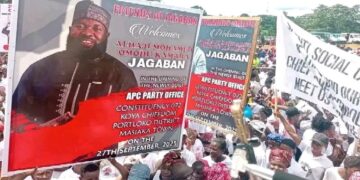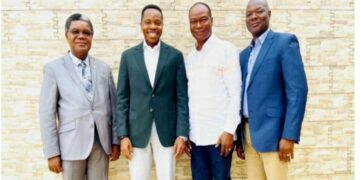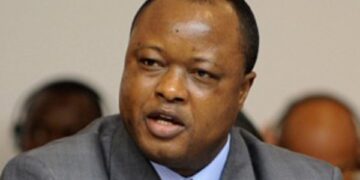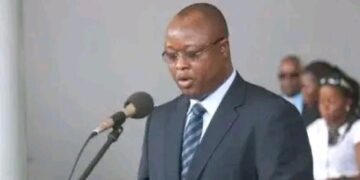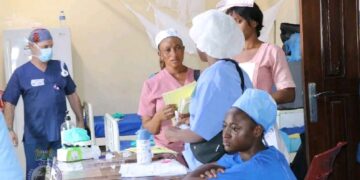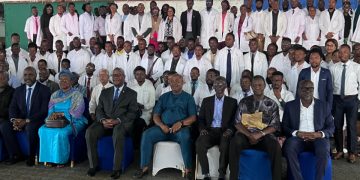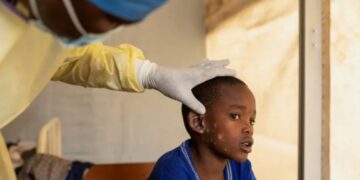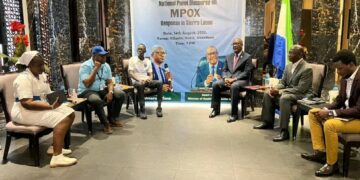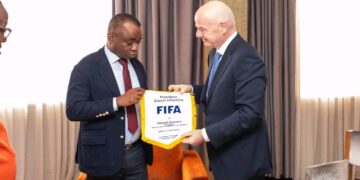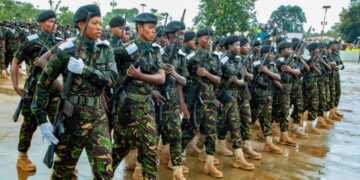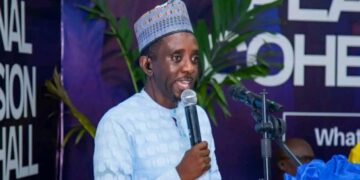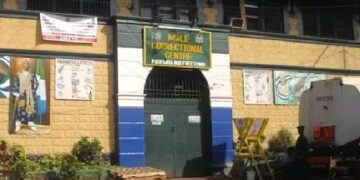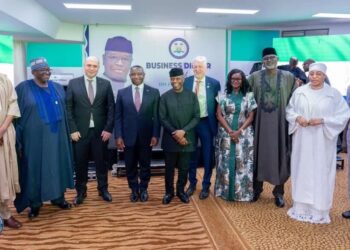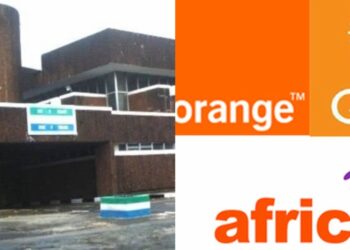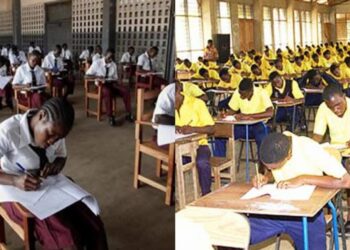Freetown, September 15, 2025 – Sierra Leone’s government has unveiled bold plans to boost domestic revenue as international aid dwindles and global economic headwinds tighten fiscal space.
Speaking at the FY2026 Budget National Policy Hearing, Minister of Finance Sheku Ahmed Fantamadi Bangura outlined new strategies to mobilise both traditional and innovative revenue sources to fund the government’s Big Five Game Changers agenda.
“The priorities for fiscal year 2026 align with the Medium-Term National Development Plan 2024–2030 to achieve food security, build a vibrant, healthy and inclusive workforce, and invest in infrastructure and technology,” Bangura said.
Highlighting economic progress, the minister noted that inflation fell to 6.45% in July 2025, crediting stable exchange rates, moderate global food and energy prices, improved local food production, and tight monetary policy by the Bank of Sierra Leone.
Bangura stressed that the country’s abundant mineral wealth—including iron ore, diamonds, bauxite, and gold—has not translated into fair benefits for citizens.
“Over the past six years, mineral exports reached $4 billion, yet government revenue was just $187 million—about 4.6 percent. In 2023 alone, extractive exports hit $1.2 billion, but government revenue was a mere \$48 million,” he revealed.
The minister reported that Sierra Leone’s public debt-to-GDP ratio stood at 48.9% in 2024, while the International Monetary Fund (IMF) approved a 38-month programme worth about $248.5 million**, with $46.6 million already disbursed.
“Implementation of the IMF programme is fully on course. We are taking corrective actions to meet all structural benchmarks by the end of November 2025, and we expect the next disbursement after the combined first and second reviews,” Bangura added.
Minister of Planning and Economic Development Kenyeh Ballaycalled the focus on domestic revenue “timely and necessary,” noting that the global financing landscape is shifting and aid flows are shrinking.
“International financing is changing drastically. Developing countries like Sierra Leone are exposed, making domestic revenue mobilisation more critical,” Ballay said, urging ministries and agencies to prioritise existing capital projects since no new ones will be funded in 2026.
Vice President Mohamed Juldeh Jalloh, delivering the keynote address, warned that wealthier nations are turning inward amid multiple global crises.
“Digitalising tax administration will enhance compliance and reduce leakages, providing funds for schools, hospitals, and critical infrastructure,” Jalloh said. He urged government to broaden the tax base, rationalise exemptions, and invest in revenue-collection technology.
Parliament’s Finance Committee Chair Hon. Kaisamba and Programme Chair Ambros James echoed the call for reforms.
The FY2026 policy aims to strengthen traditional tax systems through technology while exploring climate finance, carbon trading, debt swaps, and state participation in mineral wealth through a new Mineral Wealth Fund.
Bilateral budget discussions with ministries, departments, agencies, and other stakeholders will run from September 18 to 27, 2025, at the Ministry of Finance.



